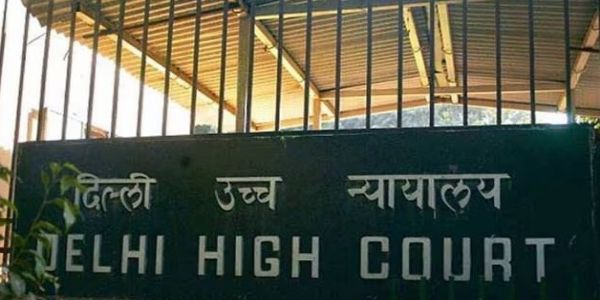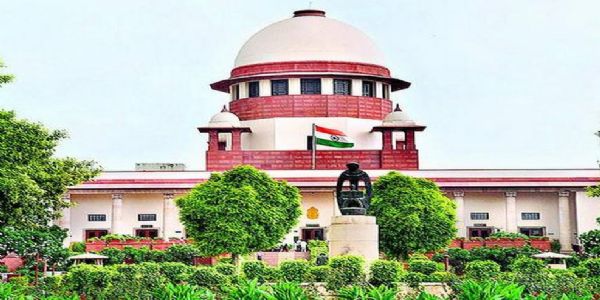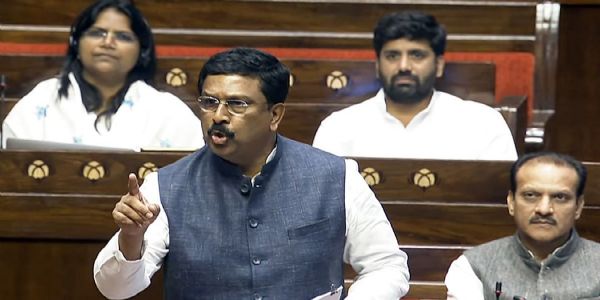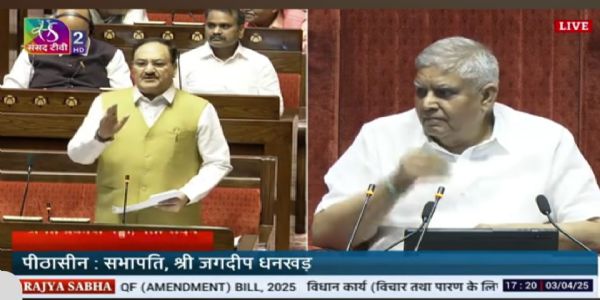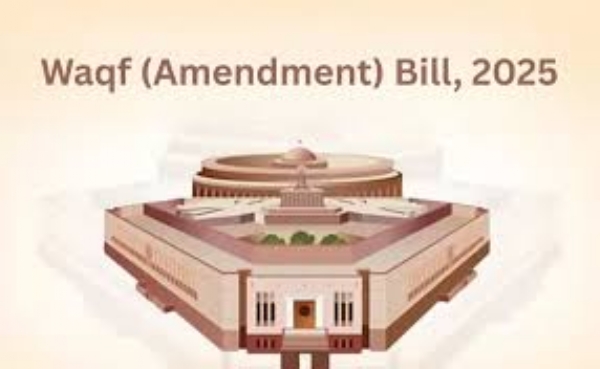
Delhi, 3 April (H.S.): The Lok Sabha passed the contentious Waqf Bill early Thursday after a lengthy 12-hour debate. The ruling NDA defended the legislation, asserting it is beneficial for minorities, while the opposition criticized it as anti-Muslim. The Bill, officially known as the Waqf (Amendment) Bill, 2025, moved forward after all opposition amendments were rejected through voice votes, with the final tally showing 288 votes in favor and 232 against.
In his closing remarks, Union Minority Affairs Minister Kiren Rijiju claimed that minorities are safe in India, countering statements made by some members who argued otherwise. He emphasized that there is no place safer than India for minorities and underscored the secular nature of the majority. Rijiju also pointed out that the Bill aims to unify all minorities and highlighted the support from the Christian community. He stated the legislation seeks to expedite the resolution of numerous disputes pending in Waqf tribunals.
Union Home Minister Amit Shah participated in the debate, accusing critics of creating a vote bank through intimidation and spreading confusion regarding the Bill. He reaffirmed the government's commitment to justice and welfare, stating that laws should not be created solely for electoral gains.
The Bill's passage marks a significant step in its legislative journey, with its next test occurring in the Rajya Sabha later in the day. The discussions reflect deep-seated divisions over the implications of the Bill, particularly regarding its perceived impact on Muslim communities. As the debate continues, the government's arguments for the Bill will face closer scrutiny in the upper house of Parliament.
Everyone has the right to practice their religion, but conversion should not stem from greed, temptation, or fear, emphasized Shah, highlighting the modern trend of instilling fear within minority communities. Regarding the inclusion of non-Muslims in the Waqf council and boards, Shah clarified that this step is designed strictly for the proper management of properties in alignment with their intended purposes. He noted that prior to this, there had been no provision for non-Muslims to participate in running religious institutions, and under the NDA government, this will remain unchanged.
In response to the proposed Bill, the opposition coalition, led by Congress MP Gaurav Gogoi, united against it. Gogoi accused the government of misleading Parliament and asserted that the Bill attacks the Constitution's fundamental structure. Samajwadi Party chief Akhilesh Yadav suggested that the Bill is a strategic move for polarization in light of the upcoming 2024 Lok Sabha elections, predicting it could lead to significant setbacks for the saffron party, despite some allies' outward support.
During the debate, AIMIM leader Asaduddin Owaisi conducted a symbolic protest by tearing the Bill. Rahul Gandhi, the Leader of Opposition, criticized the Bill as a tool to marginalize Muslims and infringe upon their personal laws and property rights. He condemned the actions of the RSS, BJP, and their allies as a direct assault on the Constitution, aimed specifically at Muslims, while warning that this could establish a dangerous precedent for targeting other communities in the future.
---------------
Hindusthan Samachar / Jun Sarkar





